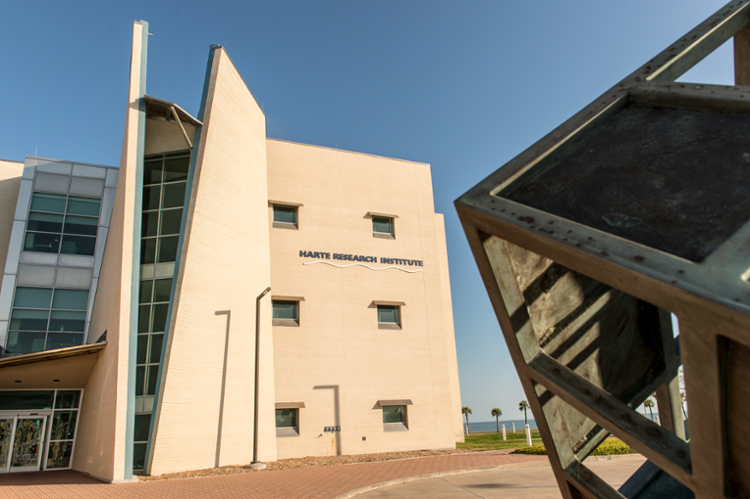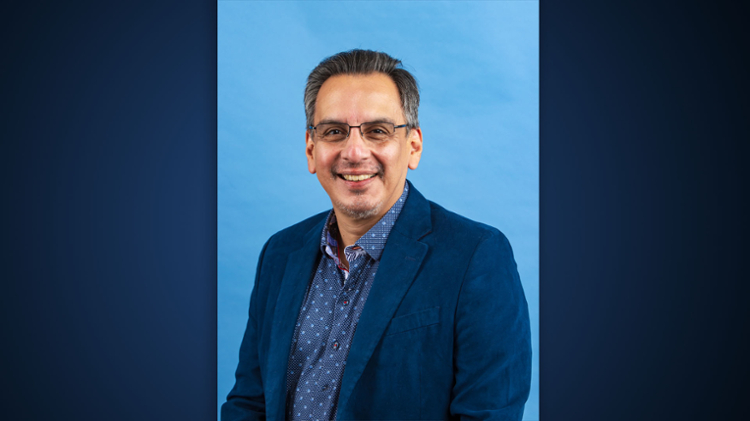Islander Ph.D. Student Interns at NASA, Studies Extreme Weather
CORPUS CHRISTI, Texas – Precipitation is more than just a component of the water cycle. It’s a spectrum ranging from drizzle on a relaxed Sunday afternoon to severe storms that lead to mass flooding. But beyond devastating after-effects, what features categorize precipitation as “extreme?”
This is the question Texas A&M University-Corpus Christi doctoral student Kevin Nelson sought to answer during the eight weeks he spent at NASA Goddard Space Flight Center (GSFC) conducting proprietary research on the development of new algorithms used to identify extreme precipitation events as well as examine their spatiotemporal and physical characteristics.
Thanks to his existing work on both extreme weather like tropical cyclones and gentle marine stratocumulus boundary layers, as well as his programming skills, Nelson was one of 18 distinguished individuals chosen to work with leading NASA scientists during the summer 2018 internship titled, “Advanced Computing in Earth Science: Development of an Extreme Precipitation Monitoring System at NASA” at the GSFC in Greenbelt, Maryland.
“The definition of extreme precipitation is very different from deserts, plains to rainforests,” said Nelson, who studies coastal and marine system science with a focus on meteorology. “We need to analyze what makes each precipitation event special to help us understand why and when extreme weather trends happen, and how they’re related to each other and to their physical characteristics.”
At NASA GSFC, Nelson increased his programming ability, practiced what he learned in past classes, and worked with satellite data sets he’s never used before under the mentorship of research scientist Dr. Yaping Zhou, an active science team member of the new NASA Precipitation Measurement Mission.
“Life at NASA isn’t just rockets and engineering,” said Nelson. “There’s a huge focus on the sciences as well. It’s an amazing experience but, behind the scenes, a good portion of time is spent sitting at a desk – where I worked full-time, coding, debugging algorithms, and making figures. But overall, it’s a great chance to learn from innovators working on the coolest and newest science.”
During the occasional
According to Nelson, his advisor Dr. Feiqin Xie, associate professor of atmospheric science, is the reason he applied for the NASA internship.
“I am very glad Kevin was awarded the highly competitive NASA internship to study the extreme precipitation events that are also immensely important to our coastal community,” said Xie. “The experience to help NASA solve a state-of-the-art science question will surely make a mark on Kevin’s career and inspire him moving forward.”



